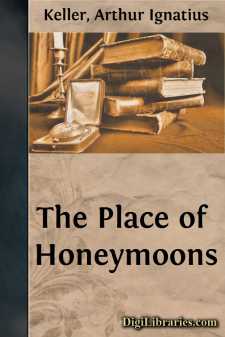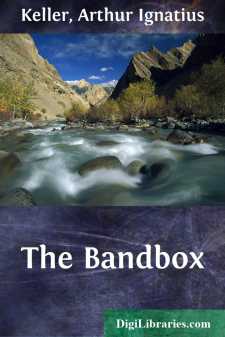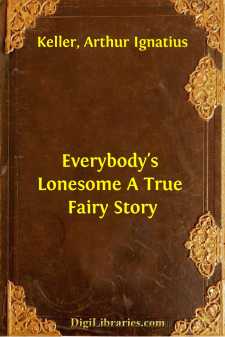Categories
- Antiques & Collectibles 13
- Architecture 36
- Art 48
- Bibles 22
- Biography & Autobiography 813
- Body, Mind & Spirit 142
- Business & Economics 28
- Children's Books 14
- Children's Fiction 11
- Computers 4
- Cooking 94
- Crafts & Hobbies 4
- Drama 346
- Education 46
- Family & Relationships 57
- Fiction 11829
- Games 19
- Gardening 17
- Health & Fitness 34
- History 1377
- House & Home 1
- Humor 147
- Juvenile Fiction 1873
- Juvenile Nonfiction 202
- Language Arts & Disciplines 88
- Law 16
- Literary Collections 686
- Literary Criticism 179
- Mathematics 13
- Medical 41
- Music 40
- Nature 179
- Non-Classifiable 1768
- Performing Arts 7
- Periodicals 1453
- Philosophy 64
- Photography 2
- Poetry 896
- Political Science 203
- Psychology 42
- Reference 154
- Religion 513
- Science 126
- Self-Help 84
- Social Science 81
- Sports & Recreation 34
- Study Aids 3
- Technology & Engineering 59
- Transportation 23
- Travel 463
- True Crime 29
The Place of Honeymoons
Description:
Excerpt
CHAPTER I
AT THE STAGE DOOR
Courtlandt sat perfectly straight; his ample shoulders did not touch the back of his chair; and his arms were folded tightly across his chest. The characteristic of his attitude was tenseness. The nostrils were well defined, as in one who sets the upper jaw hard upon the nether. His brown eyes—their gaze directed toward the stage whence came the voice of the prima donna—epitomized the tension, expressed the whole as in a word.
Just now the voice was pathetically subdued, yet reached every part of the auditorium, kindling the ear with its singularly mellowing sweetness. To Courtlandt it resembled, as no other sound, the note of a muffled Burmese gong, struck in the dim incensed cavern of a temple. A Burmese gong: briefly and magically the stage, the audience, the amazing gleam and scintillation of the Opera, faded. He heard only the voice and saw only the purple shadows in the temple at Rangoon, the oriental sunset splashing the golden dome, the wavering lights of the dripping candles, the dead flowers, the kneeling devoteés, the yellow-robed priests, the tatters of gold-leaf, fresh and old, upon the rows of placid grinning Buddhas. The vision was of short duration. The sigh, which had been so long repressed, escaped; his shoulders sank a little, and the angle of his chin became less resolute; but only for a moment. Tension gave place to an ironical grimness. The brows relaxed, but the lips became firmer. He listened, with this new expression unchanging, to the high note that soared above all others. The French horns blared and the timpani crashed. The curtain sank slowly. The audience rustled, stood up, sought its wraps, and pressed toward the exits and the grand staircase. It was all over.
Courtlandt took his leave in leisure. Here and there he saw familiar faces, but these, after the finding glance, he studiously avoided. He wanted to be alone. For while the music was still echoing in his ears, in a subtone, his brain was afire with keen activity; but unfortunately for the going forward of things, this mental state was divided into so many battalions, led by so many generals, indirectly and indecisively, nowhere. This plan had no beginning, that one had no ending, and the other neither beginning nor ending. Outside he lighted a cigar, not because at that moment he possessed a craving for nicotine, but because like all inveterate smokers he believed that tobacco conduced to clarity of thought. And mayhap it did. At least, there presently followed a mental calm that expelled all this confusion. The goal waxed and waned as he gazed down the great avenue with its precise rows of lamps. Far away he could discern the outline of the brooding Louvre.
There was not the least hope in the world for him to proceed toward his goal this night. He realized this clearly, now that he was face to face with actualities. It required more than the chaotic impulses that had brought him back from the jungles of the Orient. He must reason out a plan that should be like a straight line, the shortest distance between two given points....





